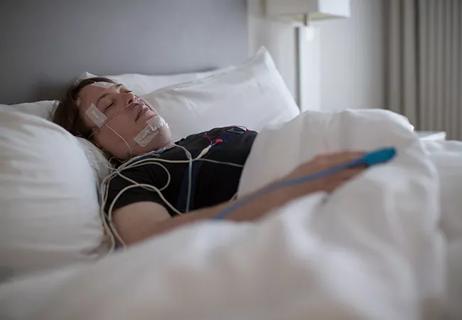Locations:

Cohort study argues for uniformity in assessment and rehab

Retrospective study fills evidence gap on therapy’s merits in older adults

Should sleep history be incorporated into routine neurological care?

Executive function, social roles and physical function loom large in new study
Advertisement
Cleveland Clinic is a non-profit academic medical center. Advertising on our site helps support our mission. We do not endorse non-Cleveland Clinic products or services. Policy
Advertisement
Advertisement